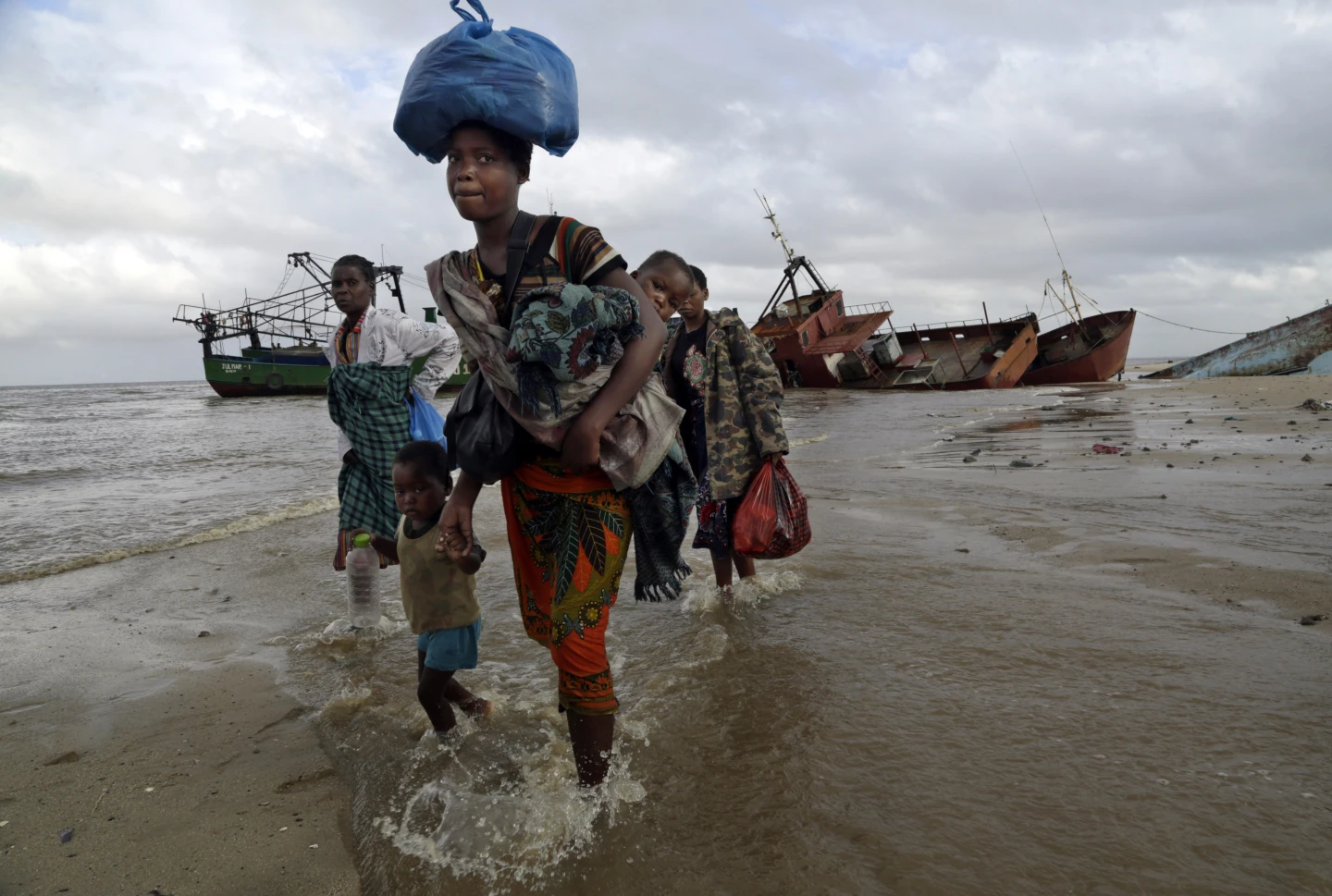- World & Africa
- No Comment
As Africa opens a climate summit, poor weather forecasting keeps the continent underprepared

By Associated Press
NAIROBI, Kenya (AP) — Much of the world takes daily weather forecasts for granted. But most of Africa’s 1.3 billion people live with little advance knowledge of what’s to come. That can be both deadly and expensive, with damage running in the billions of dollars.
The first Africa Climate Summit opens Monday in Kenya to highlight the continent that will suffer the most from climate change while contributing to it the least. Significant investment in Africa’s adaptation to climate change, including better forecasting, will be an urgent goal. At the heart of every issue on the agenda, from energy to agriculture, is the lack of data collection that drives decisions as crucial as when to plant — and when to flee.
The African continent is larger than China, India and the United States combined. And yet Africa has just 37 radar facilities for tracking weather, an essential tool along with satellite data and surface monitoring, according to a World Meteorological Organization database.
“The continent, at large, is in a climate risk blind spot,” said Asaf Tzachor, a researcher at the Center for the Study of Existential Risk at the University of Cambridge. In August, he and colleagues warned in a commentary for the journal Nature that climate change will cost Africa more than $50 billion every year by 2050. By then, Africa’s population is expected to double.
The widespread inability to track and forecast the weather affects key development choices, their commentary said: “There is no point investing in smallholder farms, for example, if floods are simply going to wash them away.”
Kenya, the host of the climate summit, is one of the few countries in Africa seen as having a relatively well-developed weather service, along with South Africa and Morocco. Kenya has allocated about $12 million this year for its meteorological service, according to the national treasury. In contrast, the U.S. National Weather Service budget request for fiscal year 2023 was $1.3 billion.
The vast expanse of the 54-nation African continent is relatively unserved and unwarned.
“Despite covering a fifth of the world’s total land area, Africa has the least developed land-based observation network of all continents, and one that is in a deteriorating state,” the WMO said in 2019.
And because of a lack of funding, the number of observations by atmospheric devices usually used with weather balloons decreased by as much as 50% over Africa between 2015 and 2020, a “particularly serious issue,” the WMO said in a report last year.
Fewer than 20% of sub-Saharan African countries provide reliable weather services, the report said. “Weather stations are so far apart that their data cannot be extrapolated to the local level due to the varying terrain and altitude.”
Now, 13 of the most data-sparse African countries, including Ethiopia, Madagascar and Congo, are getting money to improve weather data collection and sharing from a United Nations-created trust fund, the Systematic Observations Financing Facility. An older funding mechanism with many of the same partners, Climate Risk & Early Warning Systems, has supported modernizing meteorological systems in a half-dozen West and Central African countries.
And it’s not just forecasting. As climate shocks such as Somalia’s worst drought in decades become more common, better recording of weather data is a critical need for decision-making.
After Cyclone Idai ripped into central Mozambique in 2019, residents told The Associated Press they had received little or no warning from authorities. More than 1,000 people were killed, some swept away by floodwaters as loved ones clung to trees.
Cyclone Idai was the costliest disaster in Africa, at $1.9 billion, in the period from 1970 to 2019, according to a WMO report on weather extremes and their economic and personal tolls.
The lack of weather data in much of Africa also complicates efforts to link certain natural disasters to climate change.
Earlier this year, a collection of climate researchers known as World Weather Attribution said in a report that limited data made it impossible to “confidently evaluate” the role of climate change in flooding that killed hundreds of people in Congoand Rwanda around Lake Kivu in May.
“We urgently need robust climate data and research in this highly vulnerable region,” their report said.
